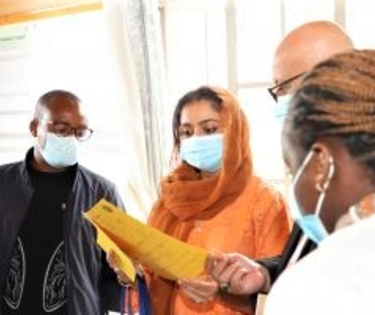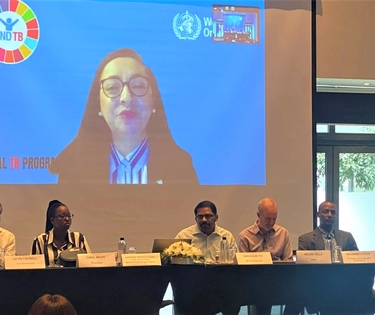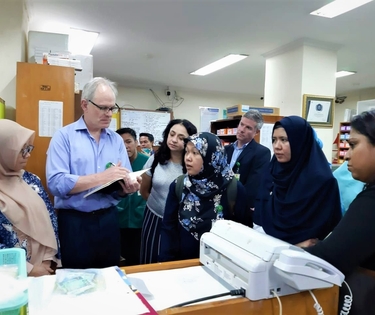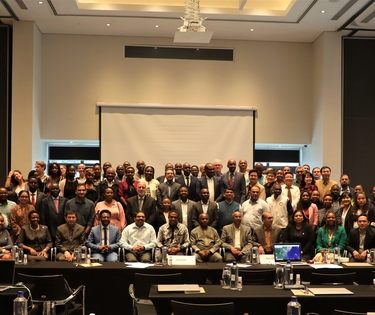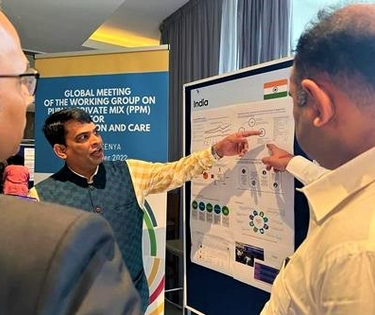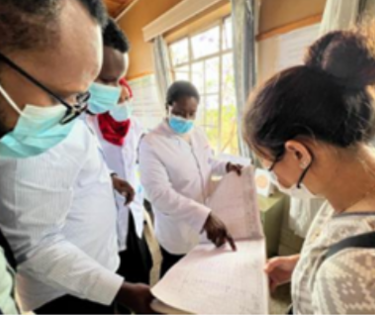Engaging all health providers through Public-Private Mix (PPM) approaches is essential to reach the millions of people with TB who miss out on access to quality care each year either due to under-reporting or under-diagnosis. This gap has further widened due to the COVID-19 pandemic and other ongoing crisis globally. Health care providers outside the scope of NTPs, indluding the private and informal sector, are often the first point of care for TB patients. However, often these providers are not fully engaged despite evidence from country experiences that demostrate increased detection and good treatment outcomes through PPM approaches. These gaps are more pronounced in high TB burden countries with dominant private healthcare sectors or with large proportion of public healthc providers who are not linked with national TB programmes.


